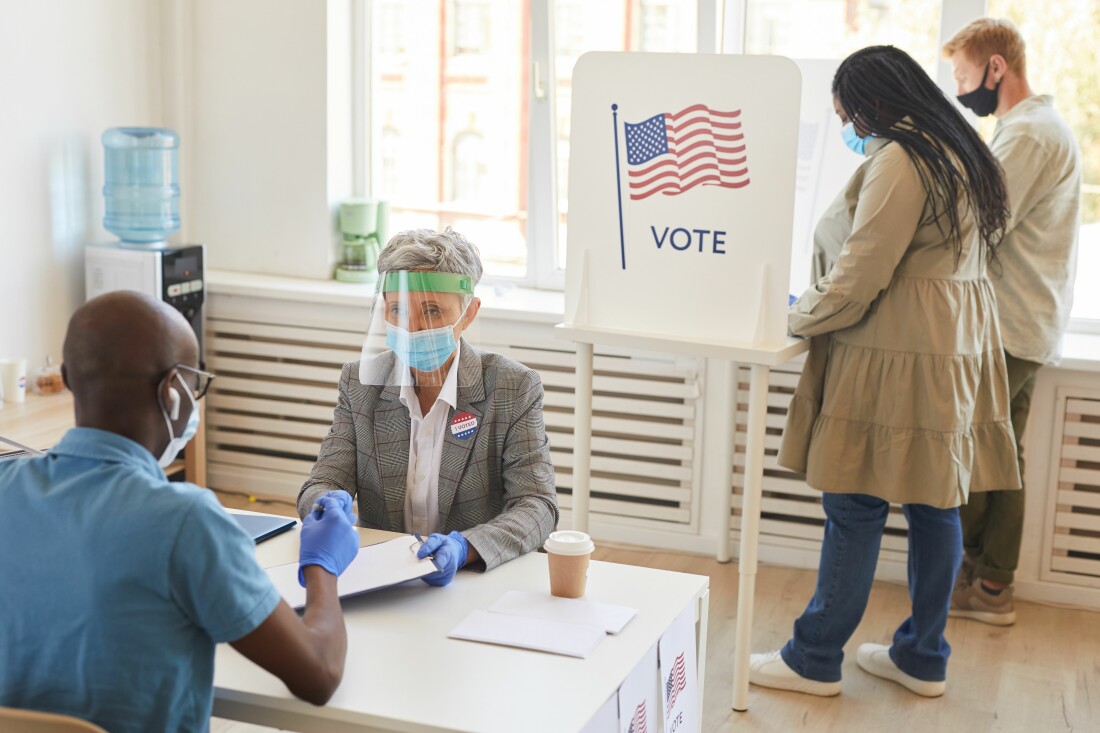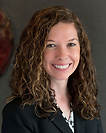Michigan House Bill to Require Training for All Election Challengers
 As the Michigan Legislature continues to explore election reform, one bill has received near unanimous bipartisan support in the House. House Bill 4528 requires political parties, organizations, committees and their members to complete comprehensive training before serving as election challengers.
As the Michigan Legislature continues to explore election reform, one bill has received near unanimous bipartisan support in the House. House Bill 4528 requires political parties, organizations, committees and their members to complete comprehensive training before serving as election challengers.
Comprehensive Training Aimed at Clearing Confusion
HB 4528, which was passed on June 17, 2021, gained bipartisan support in the wake of the November 3, 2020 election that saw many first-time election challengers improperly challenge legitimate processes.
The bill would call for the secretary of state to establish and require comprehensive training for each county clerk, political party, incorporated organization, and committee of citizens that seeks to designate election challengers at an election. This training would focus on the standard processes and procedures of Election Day, the rights and responsibilities of election challengers, and would include training on both precinct polling places and absentee voter counting boards. Any political party, incorporated organization, and committee of citizens who complete the training will only have to do so once.
Once an entity has completed challenger training, such entity will be able to train individuals seeking to serve as challengers on behalf of the entity. The entity then provides the individual with a certificate signifying he or she has completed the comprehensive training described above.
Certificate of Completion and Statewide Registry
Upon completion of the training, each entity would be responsible for issuing a certificate of completion to their election challengers which bears the signature of an officer of the issuing entity. This certificate would be valid for 90 days after being issued, and the entity would have to maintain a record of each individual to whom a certificate is issued. A person cannot serve as an election challenger unless he or she has a valid certificate of completion.
The bill would also require the secretary of state to create and maintain a registry of entities that has completed the training. This registry would include the names of the individuals who attended the training and the name of the contact person for that entity. If the person completes the training through the county, the county clerk would notify the secretary of state, who would add that information to the registry. The entire registry would be made available to each county clerk in addition to being posted online at the Department of State’s website.
The county clerk would have to offer the comprehensive training in a training school between 45 and 100 days before each primary, general, or special election. The county clerk would be responsible for notifying its city and township clerks of the training school, those clerks would notify each election inspector, and those election inspectors would then be obligated to attend the training unless otherwise excused.
The bill also provides for penalties if an entity issues a certificate for a person not trained by that entity, stating that such an entity would then be responsible for a state civil infraction and may be ordered to pay a fine of up to $2,500.
Candidates to Serve as Challengers
Under current law, a candidate for nomination to elected office may not serve as a challenger at the election in which the person is a candidate. This bill would allow a candidate to serve as a challenger so long as it is not in any precinct in the jurisdiction in which he or she is a candidate.
Next Steps
HB 4528 passed the House with 105 “yeas” to just 4 “nays”. Despite the bipartisan support, the bill faces an uncertain future in the Senate. Senator Rick Outman introduced a companion bill – or a bill nearly identical to HB 4528 – in March, but the Committee on Elections has not yet considered the measure. It is unclear if the Senate intends to move HB 4528 in September when the body is back in session.
We will continue to monitor this development but if you have any concerns surrounding Michigan election law, please contact a member of Foster Swift’s election & campaign law team.
Categories: Candidates and Committees, Legislative Updates

Laura's practice focuses on bankruptcy, municipal law, collections, and trial-level and appeals litigation. In the bankruptcy arena, she represents primarily Chapter 7 trustees. Laura has handled a wide range of trial and appellate matters for individual and business clients and has appeared before the U.S. Sixth Circuit Court of Appeals, the Michigan Court of Appeals, and the United States Bankruptcy Court for the Western District of Michigan, as well as Michigan circuit and district courts across the state.
View All Posts by Author ›


 Share
Share